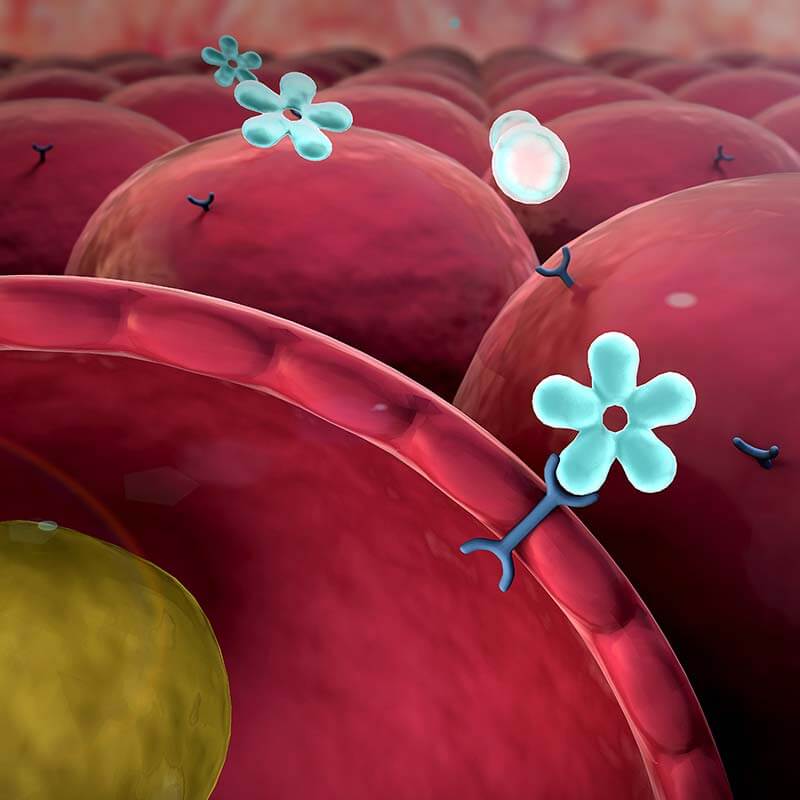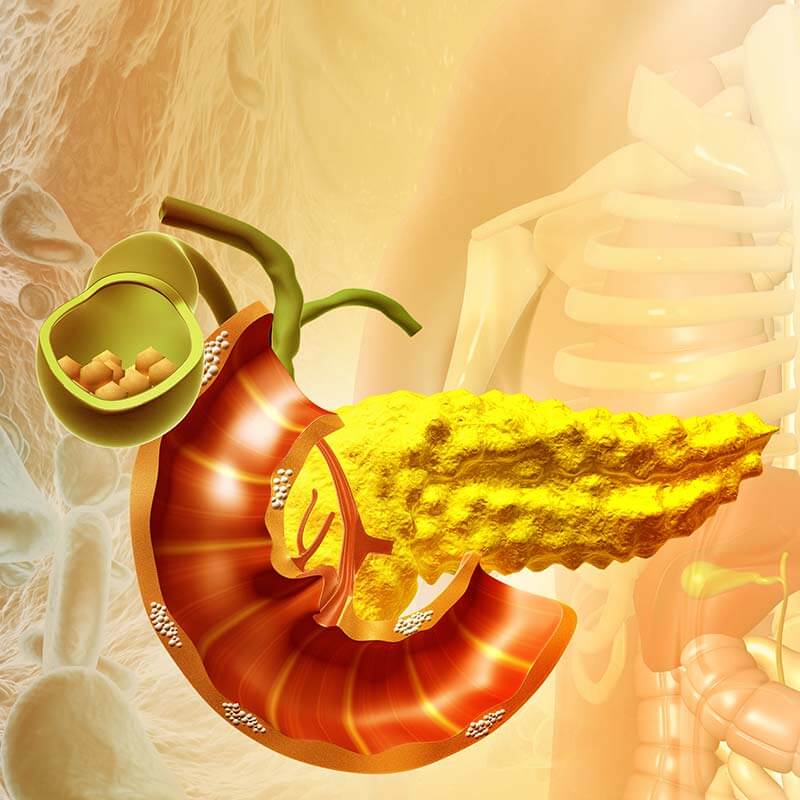Research Areas
The Diabetes and Metabolic Care Center aims to expand diabetes, obesity and metabolism research within the hospital infrastructure by involving translational scientists, physicians, educators and trainees to offer the latest science and therapies with new ideas and innovations—all under one umbrella. We offer support, expertise and resources necessary to collaborate and advance in the field.
Research Priorities
Our research priorities include:
- Understanding the physiology and pathophysiology of diabetes, obesity and metabolism
- Addressing the inequalities in healthcare through population health outcome-driven research
- Advancing technology and innovations and cell therapy for diabetes
- Developing a biorepository for future research collaborations
Current Research Topics for Our Center:

University Hospitals is dedicated to improving clinical outcomes and quality of life in individuals living with type 1 diabetes by addressing health equity, barriers to self-management, and supporting technology utilization. Supported by The Leona M. and Harry B. Helmsley Charitable Trust, our team is collaborating with The Diabetes Link, a community organization, and community advisory board members to develop, test, disseminate, and sustain a financial and health insurance literacy toolkit for emerging adults, ages 18-30, with type 1 diabetes.

Our team leads diabetes education wellness retreats for individuals living with pre-diabetes and type 2 diabertes to help them thrive. We also collaborate closely with the Ohio Medicaid partners to discuss strategies to increase CGM uptake in our lower-resource populations. University Hospitals is also a study site for diabetes technology trials, such as automated insulin delivery systems for those living with type 2 diabetes. Our efforts aim to improve clinical outcomes, reducing disease burden, and supporting quality of life in those living with type 2 diabetes across the Northeast Ohio communities.

Our team focuses to enhance patient outcomes by optimizing evidence-based strategies for weight management and mitigating obesity-related health risks. Clinical research allows for the development of personalized and targeted treatment strategies, taking into account individual variations in genetics, metabolism, and lifestyle. Our efforts aim to improve clinical outcomes, reducing disease burden, and supporting quality of life in those living with type 2 diabetes across the Northeast Ohio communities.

Islet Autotransplantation for Chronic Pancreatitis Research
Supported by a generous internal grant, our team collaborates with our general surgery team to provide education and treatment option for patients undergoing total pancreatectomy and possible autologous islet cell transplantation. We study and try to understand the effect of different factors on the outcome of people living with autologous islet cell transplantation and contribute science to help patients worldwide. Our goal is to improve clinical outcomes, reduce disease burden, and supporting quality of life in those living with pancreatogenic diabetes across the Northeast Ohio communities.
Opportunities and Objectives
Collaborative research projects at our center allow for funding opportunities and visibility at regional, national and international meetings with the ultimate goal of becoming a fully funded NIH-supported project.
Areas for Growth and Expansion
While there are multiple emerging areas for research, we first aim to expand our research to improve population health outcomes. Additionally, we aim to find collaborative research opportunities between specialties such as oncology and cardiometabolic research before expanding cell therapy for diabetes research. Our primary focus for immediate growth is to develop a biobank cell repository for future research collaborations.
Other focuses of the center included educational priorities to provide quality research opportunities for medical students and trainees under the affiliation with Case Western Reserve University School of Medicine.


